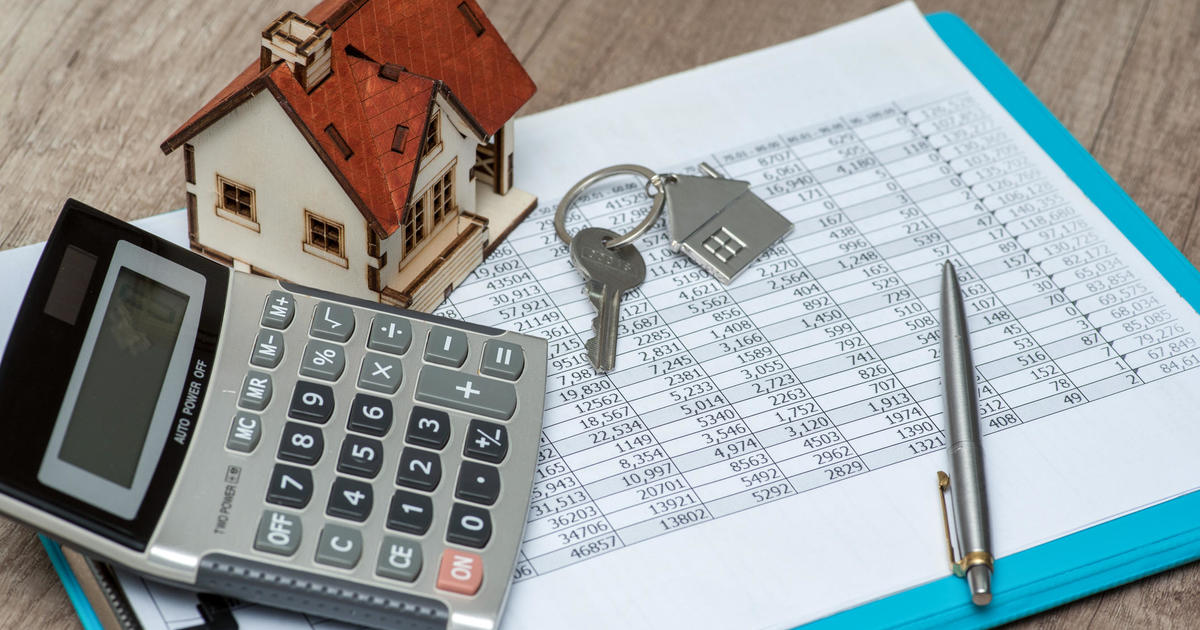3 sleep tips to help you conquer daylight saving time
Daylight savings is almost upon us, which means a lot of Americans are about to become even more sleep deprived than usual. But you don't have to be one of them. Being intentional about your sleep schedule as we prepare to "spring forward" an hour can help ease the transition.
On the second Sunday of March, at 2 a.m., clocks in most of the United States and many other countries move forward one hour and stay there for nearly eight months of daylight saving time.
"After the time change, waking up can be difficult — especially for kids and teens," said Jennifer Martin, a licensed clinical psychologist and president of the American Academy of Sleep Medicine (AASM), in a news release. "Planning ahead and adjusting your sleep schedule before the change to daylight saving time can help your body adapt and reduce the negative effects of the time change."
Ahead of the change, the AASM shared some tips to make the time change a bit smoother:
1. Get on a schedule
"Often we think of bedtime routines as being for toddlers, but I would say this week more than any other, prioritize that bedtime routine," Dr. Erin Flynn-Evans, sleep expert and consultant to the AASM, told CBS News.
With extra light in the evening once the time changes, it can drive us to stay awake later — but to the detriment of our sleep schedule.
"Our bodies are going to want us to sleep in later relative to the clock after this, so if we don't go to bed early enough to allow for a full night of sleep, we're just going to be sort of chronically sleep deprived on top of the shift that we're experiencing," Flynn-Evans explains.
2. Use the power of light
Exposure to light helps regulate sleep and alertness.
"Light is what tells our body clock or circadian rhythm what time it is," explains Flynn-Evans. "So by maximizing morning light and minimizing evening light, you should help your internal clock better adjust to this disruption that we force on ourselves twice a year."
For example, the AASM suggests heading outdoors for early morning sunlight the week after the time change. Flynn-Evans says you can also get a head start on waking up a bit earlier in the next few days by keeping the shades and curtains open for some natural morning light.
3. Maintain overall good sleep habits
To minimize fatigue and sleepiness around the spring time change, AASM advises getting at least seven hours of sleep per night before and after we put our clocks forward.
To help adjust to the shift, the organization suggests shifting sleep and wake times 15 to 20 minutes earlier each night starting a few nights before the time change. Or, set your clocks ahead one hour in the early evening on March 11 and go to bed at your normal bedtime that evening.
To help get into the new rhythm, "adjust the timing of daily routines that are 'time cues' for your body, such as your mealtimes," the organization adds.



